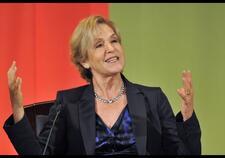Education: Schools
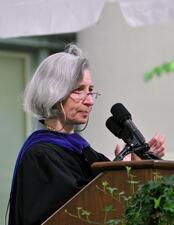
Martha Minow
Marion Simon Misch
Marion Misch participated in a great number of volunteer activities through her lifetime, all the while running a successful business following the death of her husband. Her primary interests centered on education and Judaism, and her volunteerism reflected her concern for these issues.
Rosa Mordecai
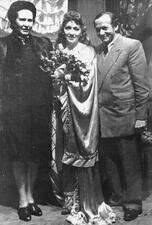
Music: Palestine and Israel
Music in Israel is a giant mosaic of cultures, styles, and musical traditions from the region and around the world. In every way and at all times, especially since the establishment of the state, women have been active in and have left their mark on the country’s musical life.
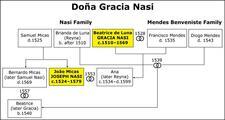
Doña Gracia Nasi
Doña Gracia Nasi was the embodiment of passionate solidarity among exiles. As a young woman she inherited her husband’s fortune, and fled from Lisbon to Venice to Ferrara, where her family lived openly as Jews for the first time. In Constantinople, she assumed a role of leadership in the Sephardi world of the Ottoman Empire.
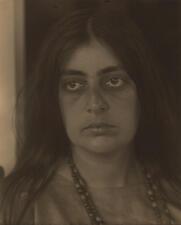
Margaret Naumburg
By founding the Walden School and creating her own system of education based on principles of psychoanalysis, Margaret Naumburg laid the groundwork for the new discipline of art therapy. Naumburg also authored many works on psychology and art therapy.
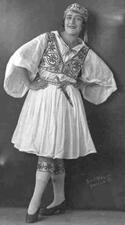
Rina Nikova
Rina Nikova, a pioneer of classical and biblical ballet in Palestine, distinguished herself mostly in character dances, which had a nationalist style influenced by ethnic folklore. Nikova established the first school for classical ballet in Tel Aviv and founded the Biblical Ballet, which was based on Yemenite folklore and focused on Biblical subjects.
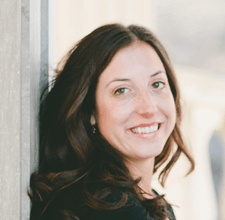
Jessica Posner Odede
Margalit Ornstein

Marla Oros
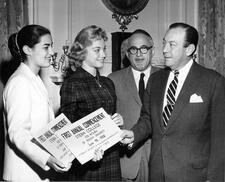
Orthodox Judaism in the United States
Orthodox views on the roles women may play in their communities’ religious, educational, and social life have reflected the range of attitudes that religious group has harbored toward American society. Generally, those Orthodox Jews who have resisted American culture have not countenanced the active participation of women within the synagogue. For other Orthodox Jews, the opening of synagogue life to greater women’s participation, within what they see as the expansive boundaries of halakhah, is but another dimension of their accommodating approach to their encounter with America.
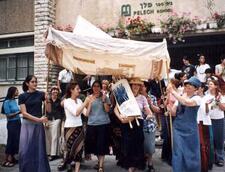
Pelech Religious Experimental High School for Girls, Jerusalem
Pelech is a pioneering school for girls in Jerusalem. For over half a century, Pelech has sought to educate its students towards a love and understanding of Torah. It encourage its students to take part in leadership roles in the religious world and in Israeli society and promotes women’s involvement in improving social justice.
Rivkah Perelis
Rivkah Perelis was a Polish-born historian whose research focused on the Holocaust and the Zionist youth movement during the Nazi occupation of Poland.
Ellen Phillips
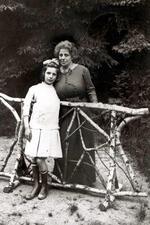
Justine Wise Polier
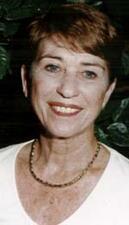
Daniella Rabinovich
Following decades of intensive work in management of Israeli music institutions, Daniella Rabinovich became a leading figure in the field in Tel Aviv in the 1980s and 1990s, serving as director of the Tel Aviv Conservatory.
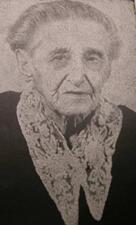
Puah Rakovsky
Puah Rakovsky dedicated her life to working towards the empowerment of Jews, particularly of Jewish women. She was a revolutionary woman, taking on important roles as an educator, translator, organizer of women, and an early socialist Zionist.
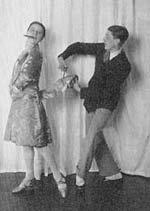
Marie Rambert
Flora Sophia Clementina Randegger -Friedenberg
Born in Italy in 1825, Flora Sophia Clementina Randegger-Friedenberg was a persistent educator and writer. She is best known for the publication of her Jerusalem journal, which shared her extraordinary experiences in a way that combined messianic hope and the enlightenment ideals of knowledge and progress.
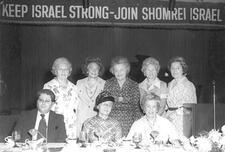
Religious Zionist Movements in Palestine
Religious Zionism, distinguished from the secular Zionists by its religious nature and from the ultra-Orthodox community by its Zionism, consisted of two major movements in the Yishuv: the Mizrachi and the Ha-Po’el ha-Mizrachi, a trade union. Women created their own organizations within these movements but distinguished themselves from the men through their support of women and their interests.
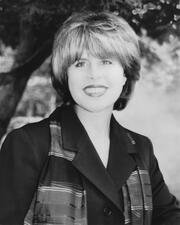
Brenda Brown Rever
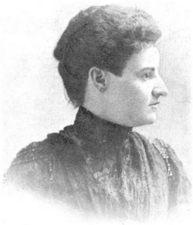
Julia Richman
A polarizing and important social reformer, Julia Richman sought to better manage the massive influx of immigrants in New York by Americanizing the new arrivals as quickly as possible, particularly through intense training in English. An educator who eventually became district superintendent of the Lower East Side schools in 1903, she created playgrounds, improved school lunches, and enforced health examinations for students.
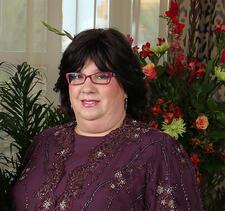
Bluma Rivkin
Nacha Rivkin
Orthodox Jewish education for women in America began with the work of Nacha Rivkin, a founder of Shulamith School for Girls, the first girls’ yeshiva in the United States. A courageous and proficient “doer,” Rivkin broke out of the mold of the passive, religious homemaker in her commitment to action. Through her music and artwork, she expanded the range of career possibilities for Orthodox women of her time.
